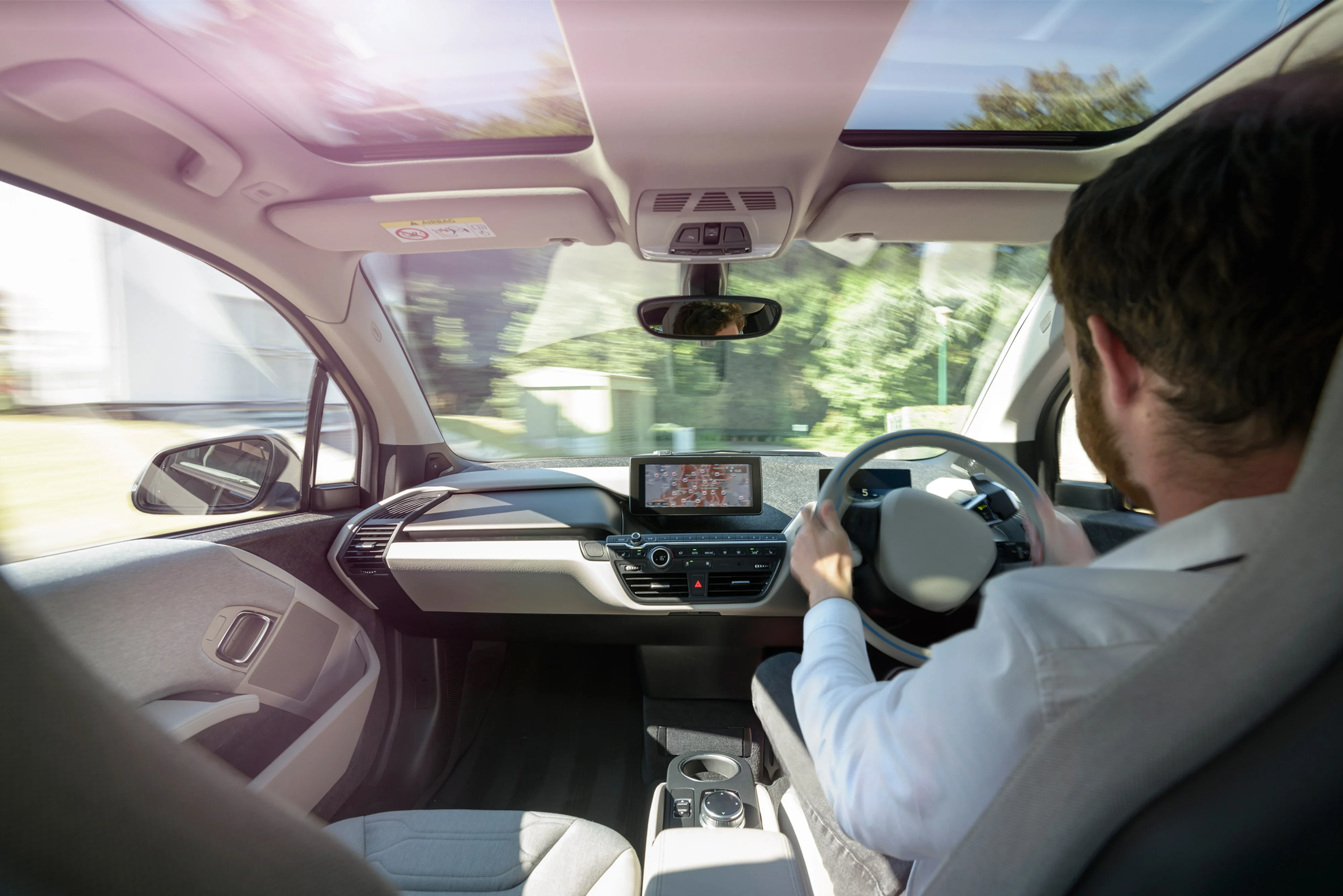How the Proposed National Electric Vehicle Charging Network Impacts Forecourts
Published on June 20, 2022
We’ve known within the industry that electric vehicle (EV) charging needs and incentives are growing. This month, the Biden-Harris Administration announced further detailed plans to meet a goal of building the first-ever national network of EV chargers across the United States – part of a larger Bipartisan Infrastructure Law passed in November 2021.
The claim: Standardizing the network is key to ensuring everyone has access regardless of location or vehicle type.
The objective: Give Americans the ability to access public vehicle charging as easily as they do a gas station.

What’s included in the national EV network plan
States will receive a combined total of $7.5 billion in federal funds to install EV chargers along highways and interstates – with particular care given to include rural and under-resourced communities. Expectations from the Administration include placement of a charger within every 50 miles and no farther than one mile from high-use corridors, a minimum of 600kW of capacity, and ports for at least four cars (Wall Street Journal). Additionally, chargers must be accessible to the general public regardless of vehicle make/model and exclusive of any required membership. There remains a push on Congress for tax credits to make EVs more affordable for the average buyer.
What the EV charging network means for gas station and c-store owners
The target is an ambitious goal of 50% of vehicles sold in the U.S. being electric by 2030. In order to keep those vehicles running, a generous charging infrastructure is a must. If you’re thinking this government plan satisfies consumer needs alone, there’s a good chance it doesn’t.
Excluding the 3.2 million home chargers expected to be installed over the next five years, IHS Markit assessed the number of charging stations afforded through federal funds against growing demand and found we’re likely to come up 600,000 units short by 2026. That gap creates an enormous opportunity for c-stores to build a strong foothold in the market while offering superior customer experiences.
Consumers already relate to fueling stations and c-stores as the hubs that keep them moving – providing a seamless marketing transition. Moreover, whereas a fueling customer spends 3-4 minutes on the forecourt, EV drivers can be engaged for upwards of 10x that timeframe. The possibilities for building customer loyalty and increasing store transactions grow exponentially with those extended visits.
While EV owners are looking first and foremost for fast charging, they also want the same convenience awarded traditional fueling customers, according to Brent Gruber of J.D. Power, as covered by convenience.org. Expanded food or service offerings give them an expedient place to rest and recharge. Safe, covered access, dispensers that communicate and connect to the c-store, even the same trash cans and squeegee stations provide the kind of value and convenience that attracts EV owners.

How to get started in EV charging
There isn’t a cut and dry approach to joining the ever-growing network of alternative fueling and EV charging solutions. It’s important to understand what local demand and laws dictate and to prepare for the capital and resource investments. NACS created a powerful calculator for budgeting costs against revenue potential (visit the link below). We also encourage seeking insights from businesses that have established EV charging stations as well as exploring the solutions and capabilities of various models.
If EV chargers make sense for your business, know that it is possible to implement this sustainable practice on your forecourt, to retain and grow your customer base and to offer a superior charging alternative for drivers embracing EV. Partnering with ChargePoint, DFS offers the industry’s most reliable and sought-after EV charging solutions and stations. Forecourt owners are able to manage and configure stations remotely, saving time and cost and ensuring quality user service. ChargePoint screens make it easy to communicate with drivers and to promote other products and services.

DFS is committed to being a leading provider of advanced technologies, services and solutions in fuel and convenience retail, including EV charging. DFS can help you integrate EV chargers with a complete fuel and convenience offering – keeping you at the forefront of customer needs and experiences whatever technological advances in fueling and convenience bring.



